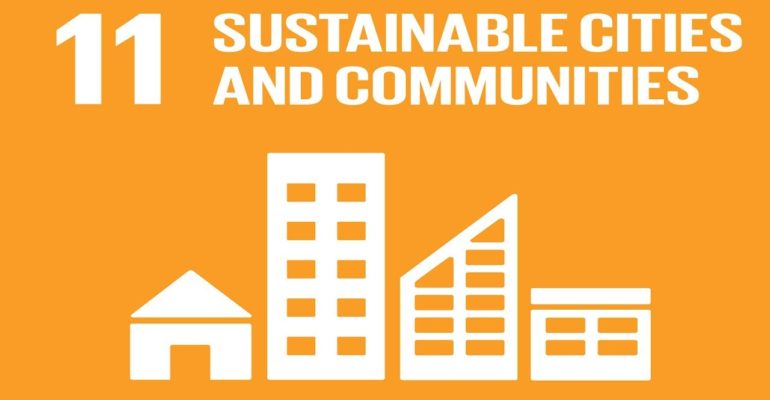“Last month, Soroptimist International participated in the High-Level Political Forum Parallel Dialogue ‘Sustainable Cities and COVID-19: Plans for Action’, which was organised by the Urban Cluster (NGO Major Group). This event was orchestrated to facilitate a lively dialogue focussing on how the effective implementation of the Sustainable Development Goals (SDGs) in urban spaces is vital to the global recovery. Speakers from across the globe highlighted methods and requirements for building back better in their represented cities.
SI UN Representative, Mary Muia was one of the event panelists. Mary shared details about the current situation in the Kibera Slum of her home city Nairobi. The official estimate for the population of the Kibera Slum is 181,509, yet other estimates are far higher (between 500,000- 1,000,000). Mary explained that since the outbreak of COVID-19, there had been a surge in gender-based violence. Basic sanitation is scarce, putting the residents at greater risk of illness and disease, causing COVID-19 to become a major concern for this community. Kibera women have responded to the crisis by making liquid soap and face masks and by selling vegetables by the roadside as a means to survive. Children are contending with non-existent or poor access to quality education. Adolescent girls are at a heightened risk of dropping out or not returning to education, even after the crisis has passed. Across Nairobi, teachers are struggling with the rapid transition to online learning and, unlike others in more affluent areas of the city, Kibera families do not have access to virtual home learning opportunities.
Mary offered suggestions for practical, community-based solutions to some of the challenges faced by Kibera residents:
- Kibera families require continued access to education. If educational methods remain altered, adequate support must be provided to this community to ensure that no child is left behind.
- Sports and talent training should be offered, as this is a coping mechanism for children and young people in Kibera.
- Non-profit organisations and private sector players can act to provide basic food and sanitation supplies.
- Civil Society groups can offer counseling to survivors of abuse.
Soroptimist International United Nations Representatives will continue to listen to and learn from communities at the grassroots level, as their global advocacy efforts amplify the voices of women and girls in the fight to build back better.”
Written by Soroptimist International Headquarters.

